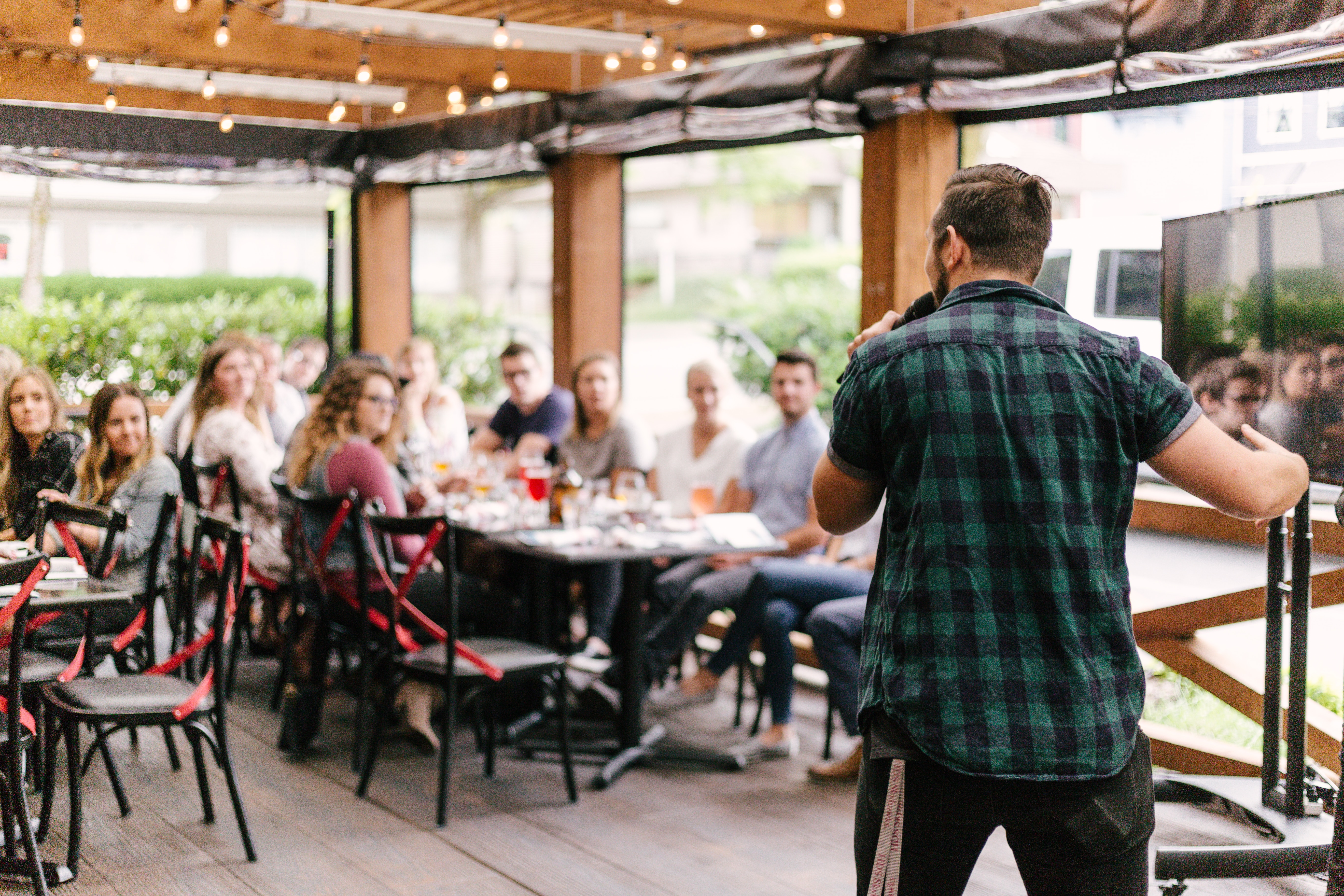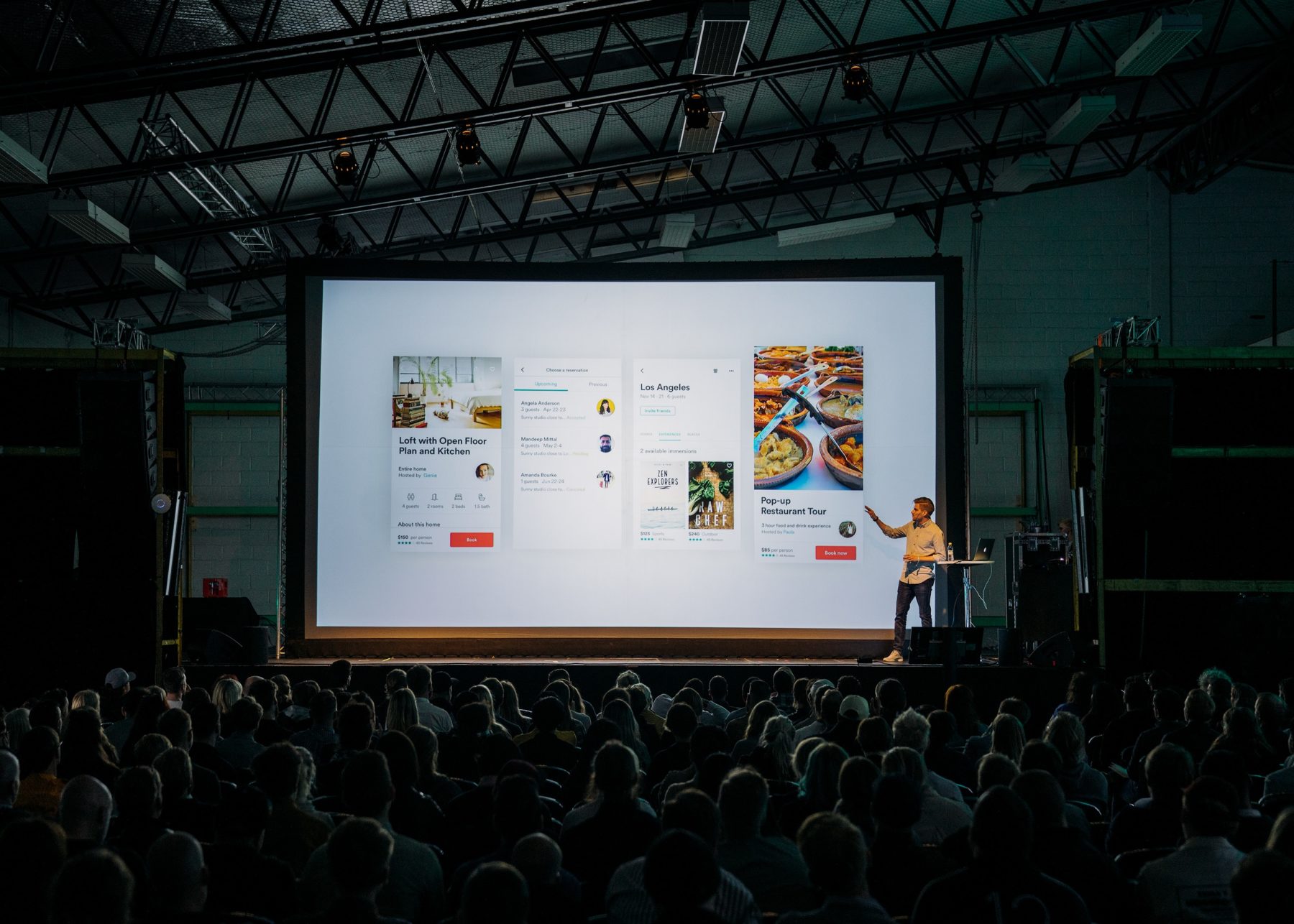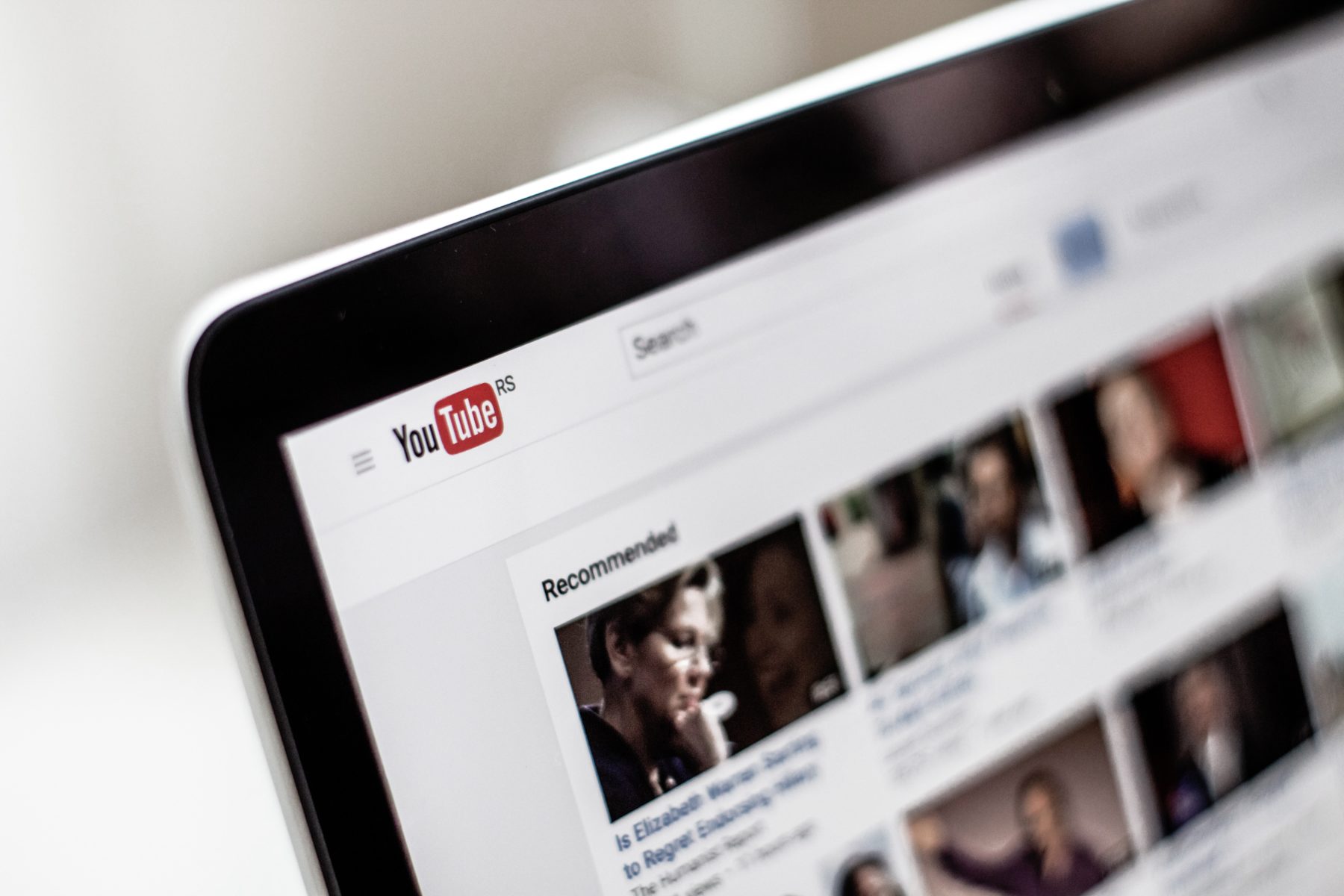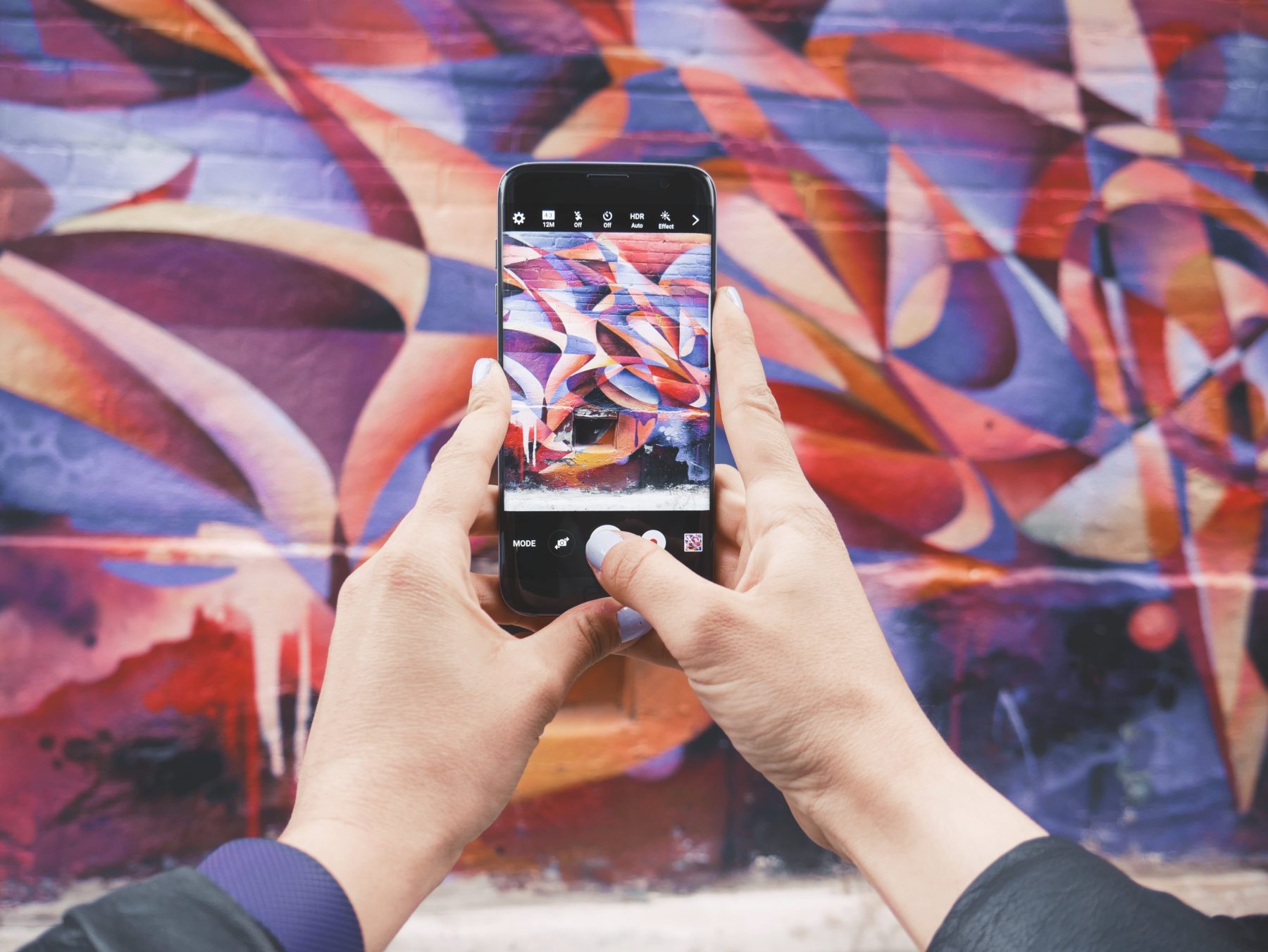For thousands of years humans have been telling stories.
From exchanging tales around a campfire to writing powerful and problematic manifestos; telling stories is a fundamental part of our society.
Humans navigate their way through life in the form of stories.
Whether that be getting swept up in the world of a novel or simply explaining directions to someone. Storytelling appears constantly in everyday life.
Mediums such as the written word, video, and of course our own voices allow us to express our thoughts and feelings more than ever.

But how have we evolved with different methods of storytelling?
With a renewed digital landscape and new online platforms, there are more stories than ever and more opportunities to have your voice heard.
The impact of the written word
Dr Alyson Miller from the Faculty of Arts and Education at Deakin University explains how the introduction of literature and the written word has affected the way stories are told.
“Storytelling has become much more static. Once something is recorded in a permanent way, it tends to be regarded as fixed or original, even though changes still occur.”
Dr Miller says that with the written word comes privilege, “imagine the power of those who can read and write over those who cannot? Which historically has meant forms of entitlement, oppression and control.”
An example of this dates back to ancient Greece.
The people on the higher end of the socioeconomic scale claimed that such frivolities were akin to laziness and they preferred the art of rhetoric instead.
In their supposed “dismissal” of literacy as slothful, they created a belief which was able to keep people from reading.
“There is a sense that the oral tradition embraced transformation and change.”

But with new forms of communication comes a profound loss for traditional methods, “one that is linked to languages and cultures and particular forms of knowledge and wisdom.”
“Oral storytelling is connected to group identity and cohesion of communities.” Says Dr Miller.
Oral storytelling is a mode of narrative that is central to our relationships with one another and with the world around us.
Dr Miller explains “this is why it’s so inspiring to see projects such as Blak Box, aimed specifically at rescuing the oral tradition in a digital world.
The literary cyber space
The internet has opened up a whole new realm of storytelling and has enabled the transmission of stories across continents and cultures.
Dr Miller says “it has brought people together through the sharing of narratives and perspectives.”
“The ability to access everything from ancient texts to Insta Poetry is a fairly remarkable phenomenon.”
Dr Miller says that “not a day goes by where I haven’t searched for and located a huge variety of stories from a wide range of contexts.”
The sense of interconnection is very powerful but can also be limiting.
“The configuration of search engines and the algorithms that accompany formats such as Facebook, Instagram, Twitter and YouTube mean that you can quite quickly become trapped in a bubble of your own making, where you are only hearing the voices that reflect your own.”
It takes effort to break out of this bubble and to seek out different and opposing perspectives, to see if you are getting the entire picture or if you are unconsciously selecting a very particular view of the world.

“It is important to engage with ideas and points of view that are not your own. Even those that are radically opposed to what you might think or believe in.
“How diverse is your viewing, really?” says Dr Miller.
Digital media can often be described as both a blessing and a curse when it comes to storytelling. New technology leads to a greater reach, however it can lead to lack of thoughtfulness.
“There is plenty of grey space and there is plenty of terrible content out there (and trolls), and anxieties about quality, plagiarism, and impact.
“There are also some wonderful innovations that echo our earlier storytelling methods: online reading groups, for example, and digital narratives that involve readers/listeners in creative ways.”
The internet is a complex space, and cannot be condemned or celebrated in a simple way.
The importance of storytelling and public platforms
Dr Miller believes that storytelling is “absolutely crucial.”
“We are constituted by the stories we tell, both about ourselves and others.”
Public platforms are an important part of storytelling. They allow a voice to reach several different cultures and become part of many different narratives.

With no gatekeepers this gives us freedom to stretch our creative muscles and can encourage many to speak their truth on controversial topics.
However, with any online service, they come with their negatives.
“These mediums are often anonymous, for example, and instant.
And as we see with trolling, encourage a form of immediacy that can be reactive, thoughtless or purposively provocative without considering the implications.” Says Dr Miller.
Digital storytelling has also enabled new forms of creativity and flexibility that are able to reach millions of people with ease, breaking down barriers of distance, time, and language.
“As well as ensuring accessibility for audiences who might otherwise be left on the margins.
“The ability to tell stories has not been lost, we are just telling them in different ways, often via forms that circle back to oral storytelling methods.” Dr Miller explains.
Maintaining traditional forms of storytelling
There is a lot of anxiety around the idea of maintaining more ‘traditional’ means of storytelling.
Dr Miller believes that these anxieties aren’t entirely founded.
“More books are being sold and read than ever before; there are more festivals that celebrate writing and speaking which are incredibly well attended and storytelling is central to the waves of activism we are seeing in response to crises such as climate change.” Says Dr Miller.

If social media is talking for us, we are the ones creating that content.
Dr Miller believes that “if it’s not working, or not delivering the information or substance we need and want to see, we do have the power to amend or challenge that.”



